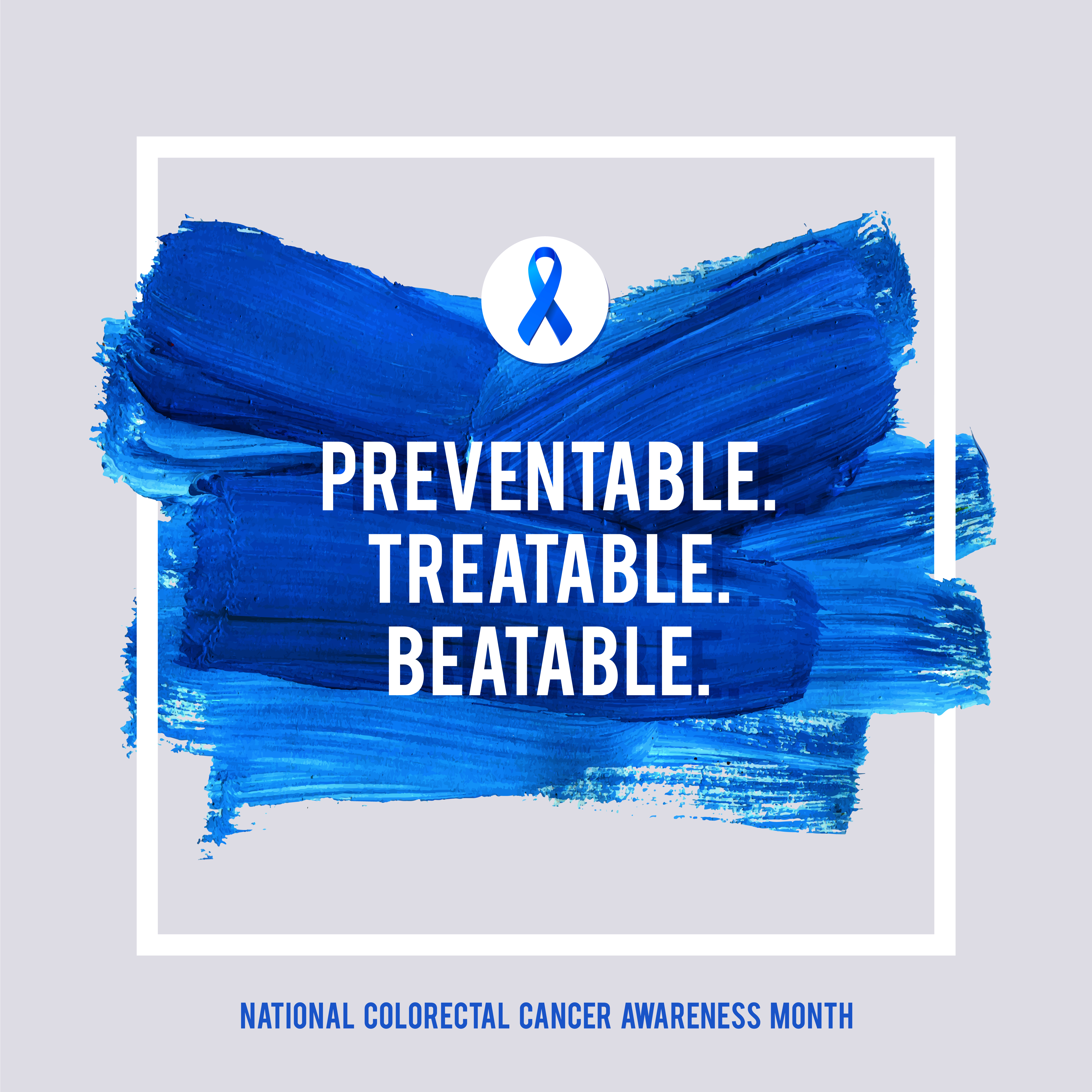Huntsville Hospital Blog
Eat a plant-based diet to lower your colon cancer risk
By Vilmali Demerin, RD, CSO, LD
Clinical Dietitian, Board Certified in Oncology Nutrition
Did you know that colon cancer is the No. 1 most preventable cancer? With effective screening tests, a healthy diet, exercise and weight management, you can significantly reduce your risk.
 All of us have an intelligent network of cells and body systems to help prevent and defeat cancer. Diet, lifestyle, the external environment and genetic makeup all influence the body’s ability to fight cancer.
All of us have an intelligent network of cells and body systems to help prevent and defeat cancer. Diet, lifestyle, the external environment and genetic makeup all influence the body’s ability to fight cancer.
One of the easiest ways to reduce your risk of colon cancer is to eat healthier. Here are some tips from the American Cancer Society:
- Eat more whole grains such as brown rice and whole wheat breads.
- Fill up on high-fiber foods. Dry beans, peas, lentils, artichokes, blackberries, raspberries and prunes are all excellent choices.
- Non-starchy vegetables and whole fruit are also linked to a decreased risk of colon and rectal cancer. Broccoli, cauliflower, brussels sprouts, cabbage, collard greens, watercress, kale, radishes, and turnips are some of the most researched cancer-fighting foods.
- Diets higher in calcium and calcium supplements may lower your risk.
Not every food has cancer-fighting properties, and some can be harmful. Even small amounts of processed meats such as bacon, sausage, deli meats, hot dogs are associated with an increased risk of colorectal cancer. Red meat should also be eaten in moderation. Limit your red meat (beef, pork, lamb) intake to no more than 18 ounces per week.
Alcohol should also be avoided because it can increase the ability of carcinogens to do damage in the mouth, pharynx, esophagus, colon and liver.
Keep it simple! Fill half your plate with colorful fruits and veggies, 1/4 with whole grains and 1/4 with protein (bonus points if you choose a plant source of protein). If you do something three times per week or more, it’s a habit.
Remember, eating a nutritious diet with a variety of foods provides your body with many different antioxidants and bioactive compounds, all which have their own benefits to keep you healthy!
When you subscribe to the blog, we will send you an e-mail when there are new updates on the site so you wouldn't miss them.


